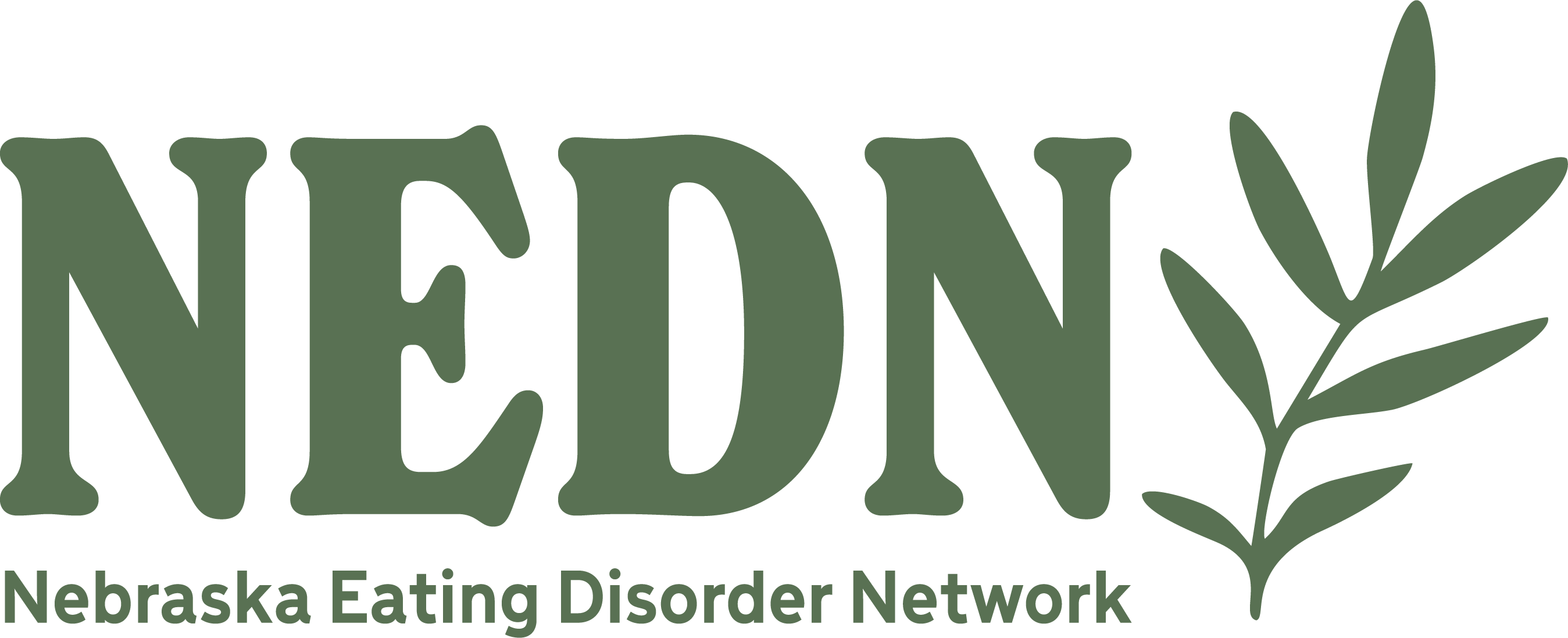By: Crysta l Zabka Belsky, MS, RD, CSSD, LMNT
l Zabka Belsky, MS, RD, CSSD, LMNT
We’ve all heard the concept, and perhaps have seemingly fallen victim to it ourselves. But is “food addiction” truly a scientifically-proven concept? In taking a closer look at preliminary animal studies, the findings are very interesting. An intriguing area of study is three different models of binge eating: sugar-binging, fat-binging and sweet-fat binging. The sugar-binging model is the only category that mimics addiction-like dynamics and the sweet-fat model is the sole obesity inducer within this evidence. Interestingly, all three models do demonstrate the development of tolerance-like symptoms with repeated exposure. Further studies demonstrate that the removal of sugar-binging behaviors can results in distress similar to opiate withdrawal. What does that mean? The simplistic concept of “food addiction” may not be valid in the traditional sense, but nutrition-related responses to binge eating and excessive exposure may contribute to an addictive-like eating behavior. Simply stated, excessive eating patterns lead to increasingly-present excessive eating patterns. Throw in substance abuse patterns, and you’ve got yourself a cocktail of predisposing factors for addictive eating behaviors. How do we recognize someone at risk for “food addiction” presentation? Look for these risk factors: obsessive food cravings, hoarding food items, the need to consume greater food volumes to achieve the same satisfaction, unsuccessful efforts at trying to eliminate dysfunctional eating, feelings of guilt, shame or anxiety with eating, and active or recently-terminated substance abuse disorders. The good news? There is hope for recovery from addictive behaviors, whether substance-related or food-related! An individual suffering from these challenges just needs to take the first step and contact a treatment professional today to get the ball rolling on developing a game plan for recovery. The leading evidence-based treatment approach for both substance-related disorders and dysfunctional eating is Cognitive Behavioral Therapy, which is best implemented in a multi-disciplinary fashion involving a team of medical, nutrition and mental health professionals.
REFERENCES:
Avena, N. M., Rada P., & Hobel, B.G. (2008). Evidence for sugar addiction: behavioral and neurochemical effects of intermittent, excessive sugar intake. Neuroscience and Biobehavioral Review, 32, 20-39.
Hebebrand J., Albayrak O., Adan R., Antel J., Dieguez C., de Jong J., Leng G., Menzies J., Mercer J., Murphy M., van der Plasse G., & Dickson S. (2014). “Eating addiction,” rather than “food addiction,” better captures addictive-like eating behavior. Neuroscience and Biobehavioral Reviews, 47, 295-306.
Hone-Blanchet, A., Fecteau, S. (2014). Overlap of food addiction and substance use disorders definitions: Analysis of animal and human studies. Neuropharmacology, 85, 81-90.


Recent Comments